China expects important consensus reached in Vienna talks will lead to final agreement: Lead negotiator
As the seventh round of Vienna talks concludes, Chinese lead negotiator says Beijing expects the important consensus reached in this round will be translated into a final agreement as soon as possible.
Wang Qun, Chinese envoy to the United Nations and other international organizations in Vienna, said on Friday that Beijing looks forward to the early resumption of the eighth round of the Vienna talks on removal of anti-Iran sanctions.
He added that Iran and the five remaining parties to the 2015 nuclear agreement, officially known as the Joint Comprehensive Plan of Action (JCPOA), held three weeks of intense negotiations, noting that the talks produced important consensus and new documents, laying a solid foundation for advancing the follow-up negotiations and bringing the JCPOA back on track.
The Chinese diplomat pointed out that the Iran nuclear issue is now at a crossroads.
He hailed the important and irreplaceable role played by the European Union as a coordinator in the Vienna talks and affirmed the seriousness, flexibility and pragmatism of all parties during the negotiations.
Wang said China expects all parties to continue working in solidarity and to vigorously promote the resumption of the talks in compliance with the JCPOA.
The senior Chinese diplomat reiterated his country's constant commitment to safeguarding the JCPOA, participating constructively in the negotiations, and striving to promote positive progress in the talks.
Iran’s chief negotiator Ali Bagheri Kani told reporters on Friday that the three European parties to the JCPOA, also known as the E3, intimately agreed to accept Tehran’s viewpoints as a basis for “serious, result-oriented” talks.
He said the pace of reaching an agreement depends on the will of the opposite side, adding, "If the other side accepts the rational views and positions of the Islamic Republic of Iran, the new round of talks can be the last one and we can achieve a deal in the shortest possible time."
Iran and the five remaining parties to the JCPOA resumed talks in Vienna on November 29 after a five-month pause, marking the first round of negotiations under President Ebrahim Raeisi’s administration and the seventh overall.
The Islamic Republic maintains that its presence at the talks is intended to have the US sanctions removed, which would, in turn, secure a US return to the nuclear deal.
The US, which is not allowed to directly participate in the talks as a result of its 2018 withdrawal from the JCPOA, claims that it is willing to undo the withdrawal and repeal its “maximum pressure” policy against Iran.
Iran argues that the onus is on Washington to return to the nuclear deal after removing its illegal sanctions and offering guarantees that it will not exit the pact again.
Elsewhere in his remarks, Wang said China welcomes the important agreement reached between Iran and the International Atomic Energy Agency (IAEA) on the monitoring of the relevant nuclear facilities.
Iran on Wednesday took a "voluntary" action to help resolve an instance of misunderstanding with the IAEA, allowing the UN nuclear agency's experts to change a number of cameras that had been damaged during a terrorist operation targeting the TESA Karaj Complex, a centrifuge component manufacturing workshop in north-central Iran, since the country had completed the "main part" of the necessary investigations.
Russia hopes next round of Vienna talks will lead to agreement: Foreign Ministry
Russia's Foreign Ministry said in a statement on Saturday that Moscow expects that the eighth round of the Vienna talks may lead to a quick "mutually acceptable agreement" as the negotiation parties have shown readiness to make all necessary efforts.
"On December 17, the meeting of the Joint Commission of the JCPOA member countries ended the 7th round of Vienna talks on the restoration of the nuclear deal,” it added, noting that the sides may resume the negotiations in Vienna in the near future.
The ministry emphasized that important progress in the seventh round of the Vienna talks "allows further work" on the JCPOA "to be taken to a new stage."
All the sides involved in the talks "expressed their readiness to make the necessary efforts so that the next eighth round ends with the achievement of a mutually acceptable agreement in a short time," the statement read.
It, however, warned that "there are still many difficult political issues, solutions to which are yet to be found."
Russia’s lead negotiator and Permanent Representative to International Organizations in Vienna Mikhail Ulyanov also said in a tweet on Saturday that both Iran and some other parties to the JCPOA, including Moscow, believe that the upcoming round of the Vienna talks "can become the final one."
Not only #Iran says that the eighth round of the #ViennaTalks can become the final one. Some other participants, including Russians, share this view. It is feasible to finalise the talks successfully by late January or early February. https://t.co/CMakSBjj9g
— Mikhail Ulyanov (@Amb_Ulyanov) December 18, 2021
The senior Russian diplomat added that the negotiating parties may finalize the talks "successfully by late January or early February."
In an earlier tweet, Ulyanov said it would be an encouraging signal from the E3 that the talks can resume on December 23 as the Iranian negotiating team stands ready to return to Vienna.
Seems to be an encouraging signal from E3 that the talks can resume on December 23 when the Iranian team, as they know, stands ready to return to Vienna. Hope they will confirm it immediately in view of the urgency of the matter. Indeed, no justification for delay until January3. https://t.co/92zoZFugwo
— Mikhail Ulyanov (@Amb_Ulyanov) December 18, 2021
The senior Russian diplomat expressed hope that the European trio would confirm it immediately in view of the urgency of the matter, saying, "Indeed, no justification for delay until January 3."
Historians slam White House's whitewashing of US invasion of Mexico
US approves $3 billion deal for sale of F-15 equipment to Saudi Arabia
At least 20 killed in heavy Israeli bombing of displacement tents in Gaza
VIDEO | Venezuelans mark one month since US kidnapping of President Nicolas Maduro and his wife
Iran intel minister: West will face consequences over IRGC designation
Pakistan deploys helicopters, drones to retake town from insurgents
Israel-Palestine head of HRW resigns over blocked report on Palestinians right of return
VIDEO | Iranian athletes seal historic year with global titles amid external pressure


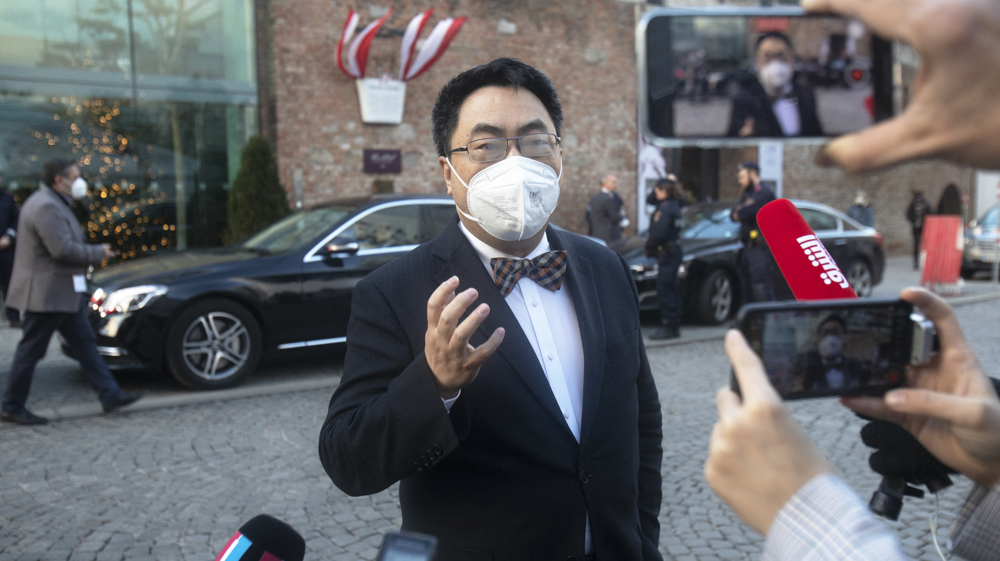
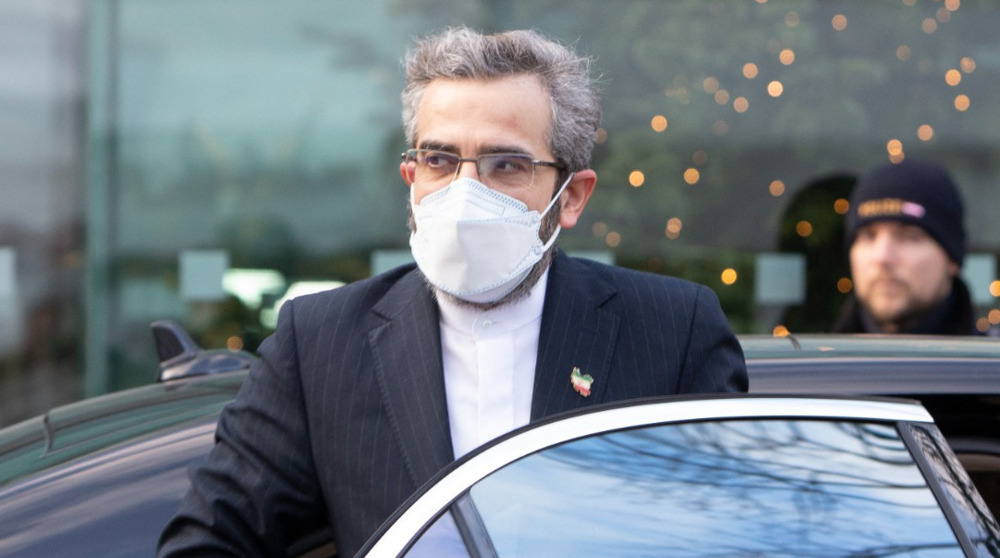
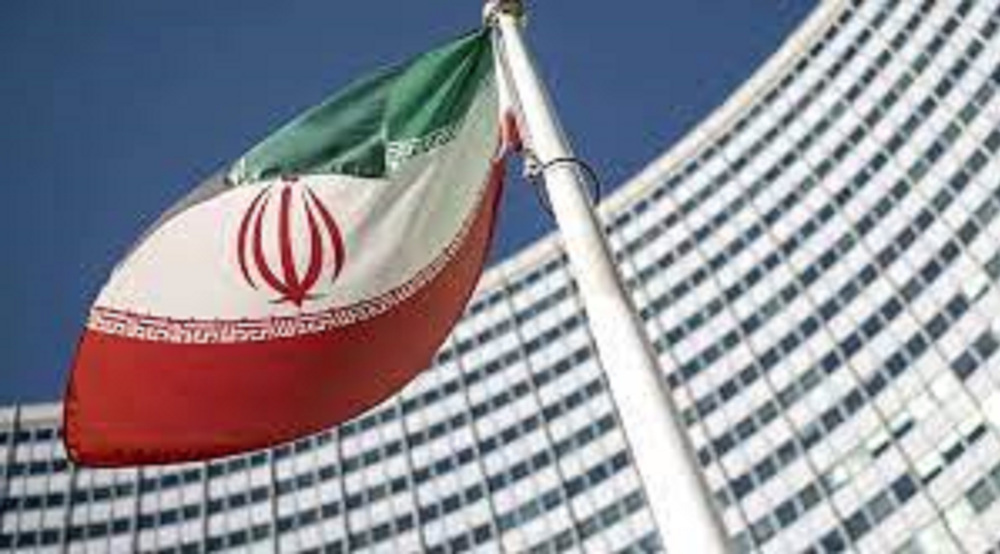
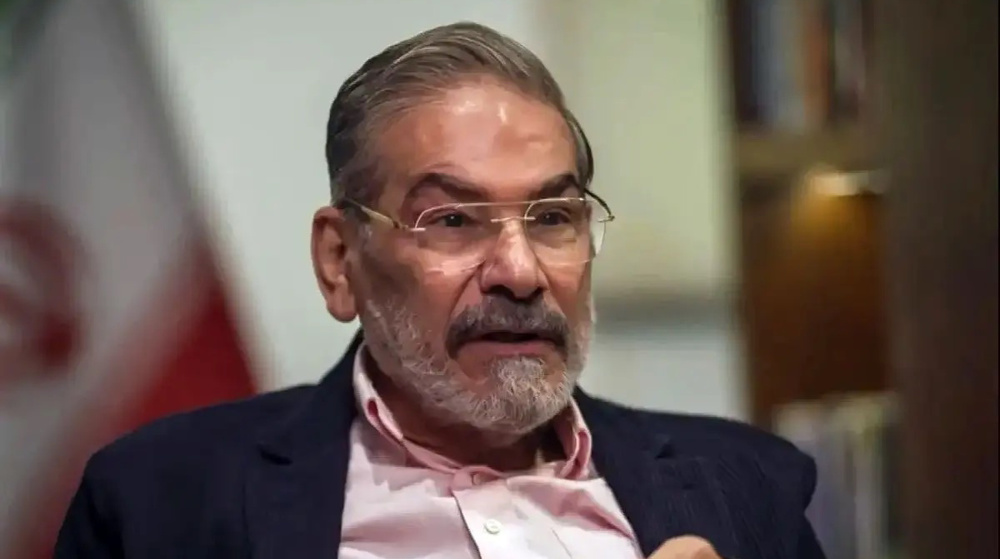
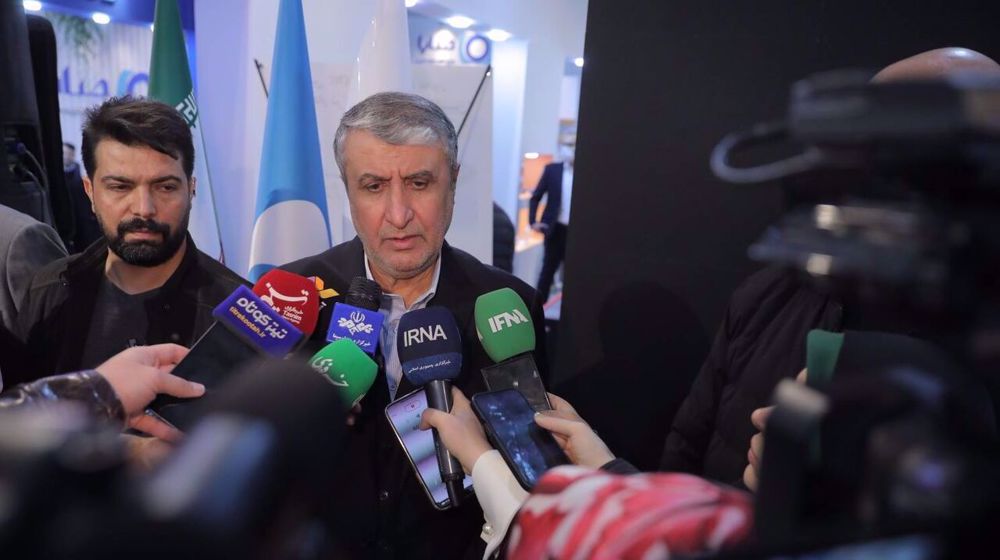
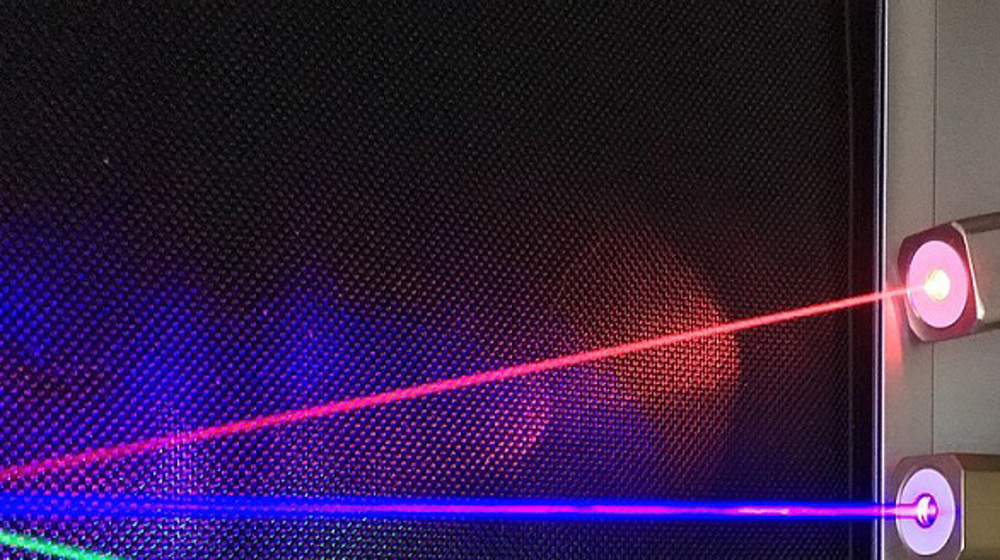




 This makes it easy to access the Press TV website
This makes it easy to access the Press TV website